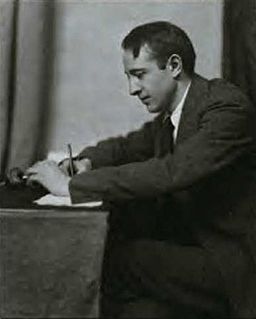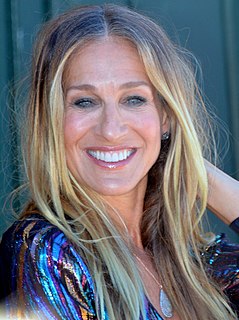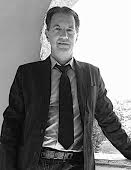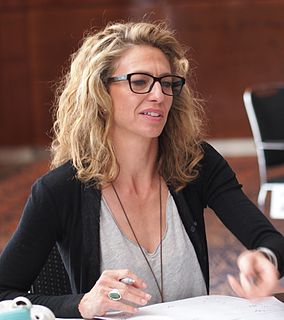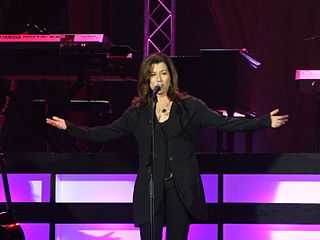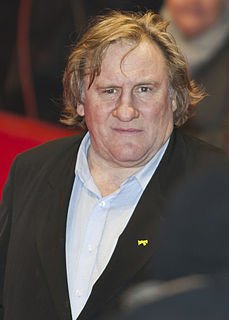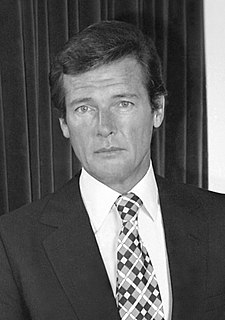A Quote by John Steinbeck
For the most part people are not curious except about themselves.
Related Quotes
I'm interested in people. I'm curious about people, and of course we're curious about people whose work we respond to. So I'm not saying that I don't understand fascination with other people. But as it's dealt with in this American, modern-day culture, I find it not just boring but actually sort of destructive, really.
When you ask people what it is like being part of a great team, what is most striking is the meaningfulness of the experience. People talk about being part of something larger than themselves, of being connected, of being generative. It becomes quite clear that, for many, their experiences as part of truly great teams stand out as singular periods of life lived to the fullest.
Being known for Bond, certainly when you're in foreign countries, makes people curious. You get to see presidents because their wives were curious; their children were curious about Bond or The Saint or whatever. Then once you have your foot through the door, you can then let them see that you're serious about what you're talking about, and not just a twit.
The will of the people, moreover, practically means the will of the most numerous or the most active part of the people; the majority, or those who succeed in making themselves accepted as the majority; type people, consequently, may desire to oppress a part of their number; and precautions are as much needed against this as against any other abuse of power.


